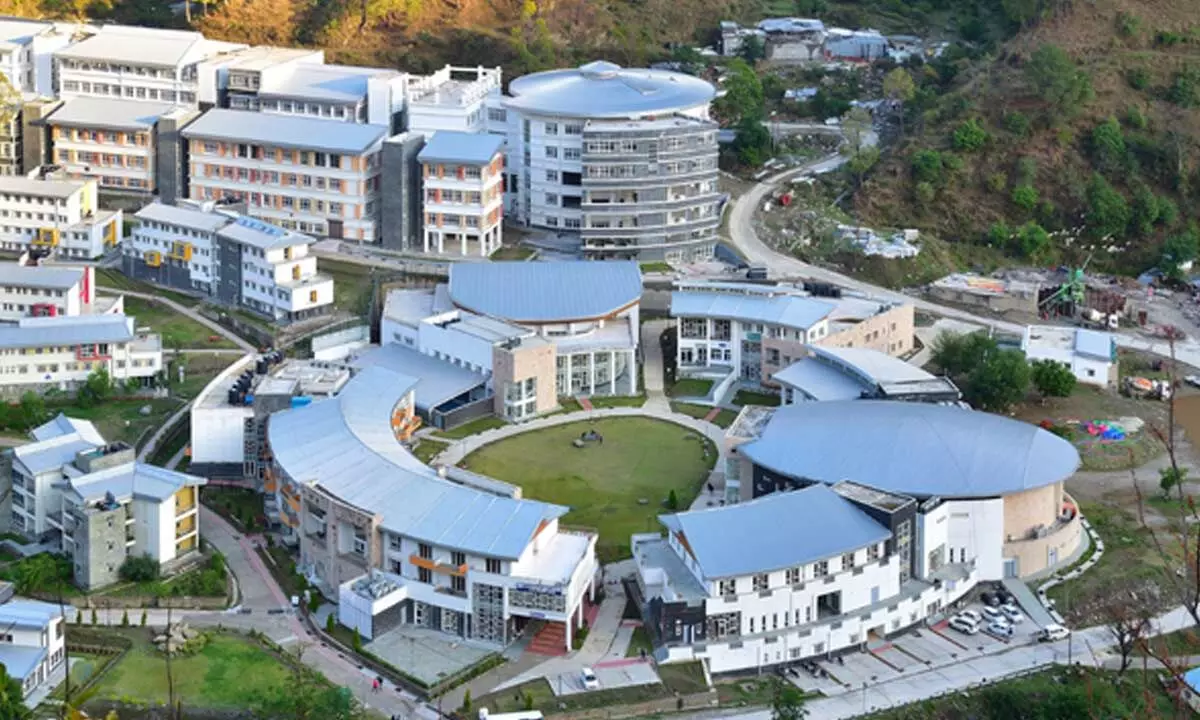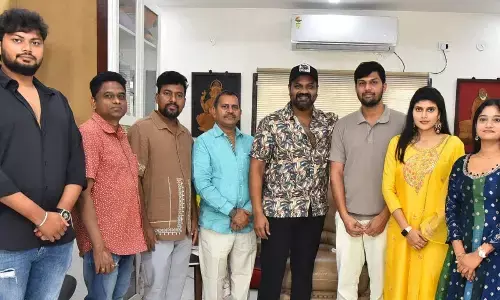IT Mandi researchers develop antibacterial coating for implants to prevent infections, inflammation
Share :

Researchers at the Indian Institute of Technology (IIT), Mandi have developed an indigenous solution for medical implant-associated infections by utilising innovative sugar-coated nanosheets as implant coatings.
New Delhi: Researchers at the Indian Institute of Technology (IIT), Mandi have developed an indigenous solution for medical implant-associated infections by utilising innovative sugar-coated nanosheets as implant coatings.
According to officials, medical implants have long been a vital part of medical and reconstructive procedures, serving as effective treatments for a wide range of conditions. However, the formation of biofilms on these implants over time can lead to recurring infections and inflammation, ultimately causing tissue damage. "To address these persistent implant-associated infections, the research team has devised a biocompatible, non-leaching, and contact-based antibacterial coating for implants, utilising quaternary pullulan functionalized MoS2 (MCP) glycosheets," said Amit Jaiswal, Associate Professor, School of Biosciences and Bioengineering, IIT Mandi.
"These cationic glycosheets have been seamlessly applied to the surfaces of polydopamine-modified stainless steel and polyvinyl fluoride substrates through a straightforward electrostatic interaction process," he added. The research has been published in the prestigious Journal of Materials Chemistry. The researchers are in discussion with orthopedic hospitals to take it forward for clinical trials.
"The developed coating is a unique combination of quaternized pullulan and MoS2 nanosheets which provides a potent defense against infections, while the easy and stable coating process ensures no leakage from the implant surfaces. Crucially, this solution has been proven to be entirely safe for human cells in vitro and in vivo in mice model, making it a promising advancement in the field of medical implants," Jaiswal said.










